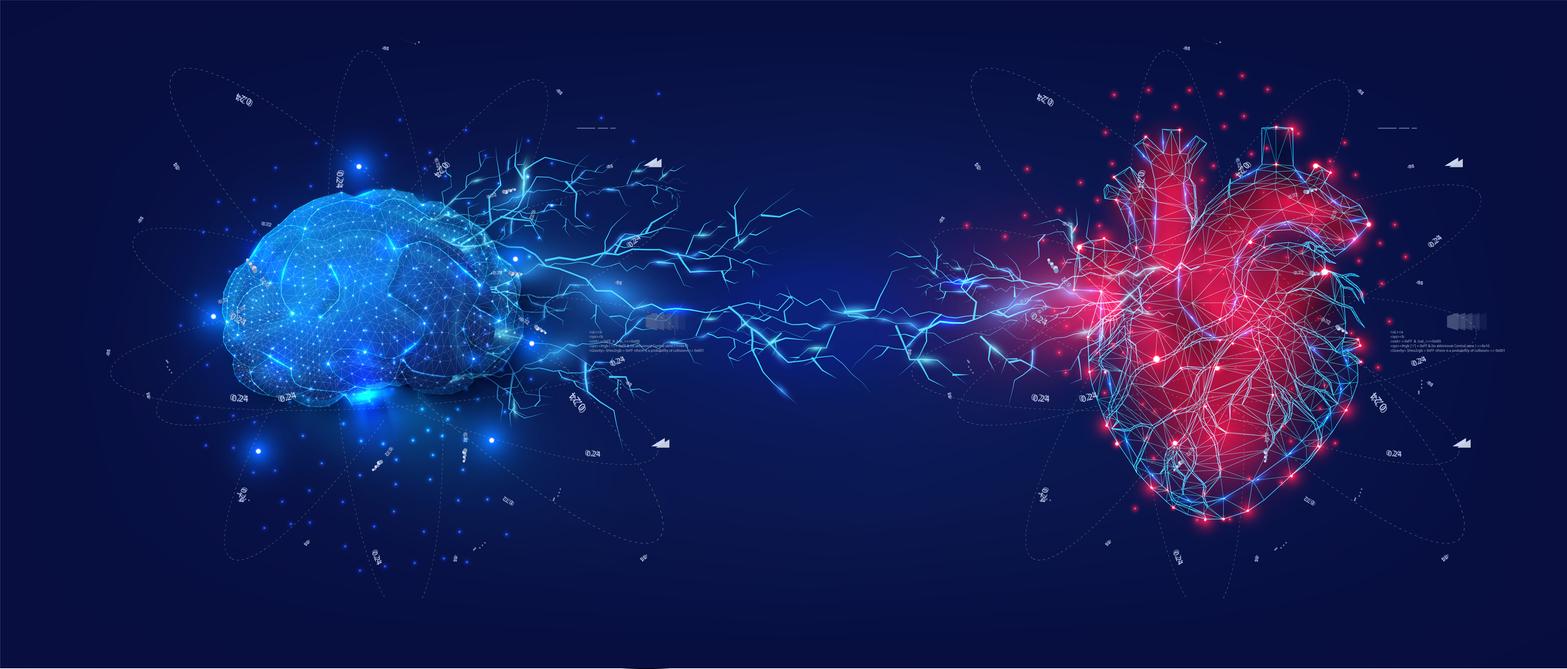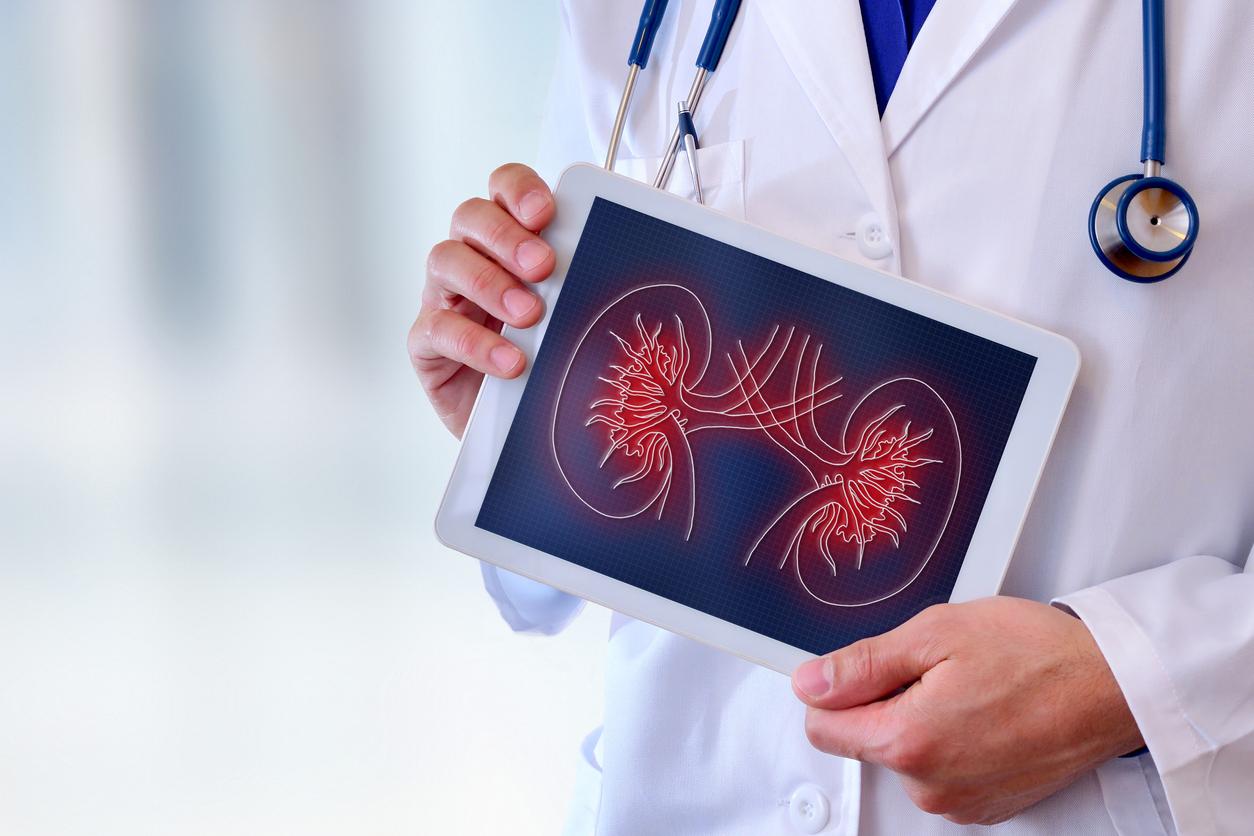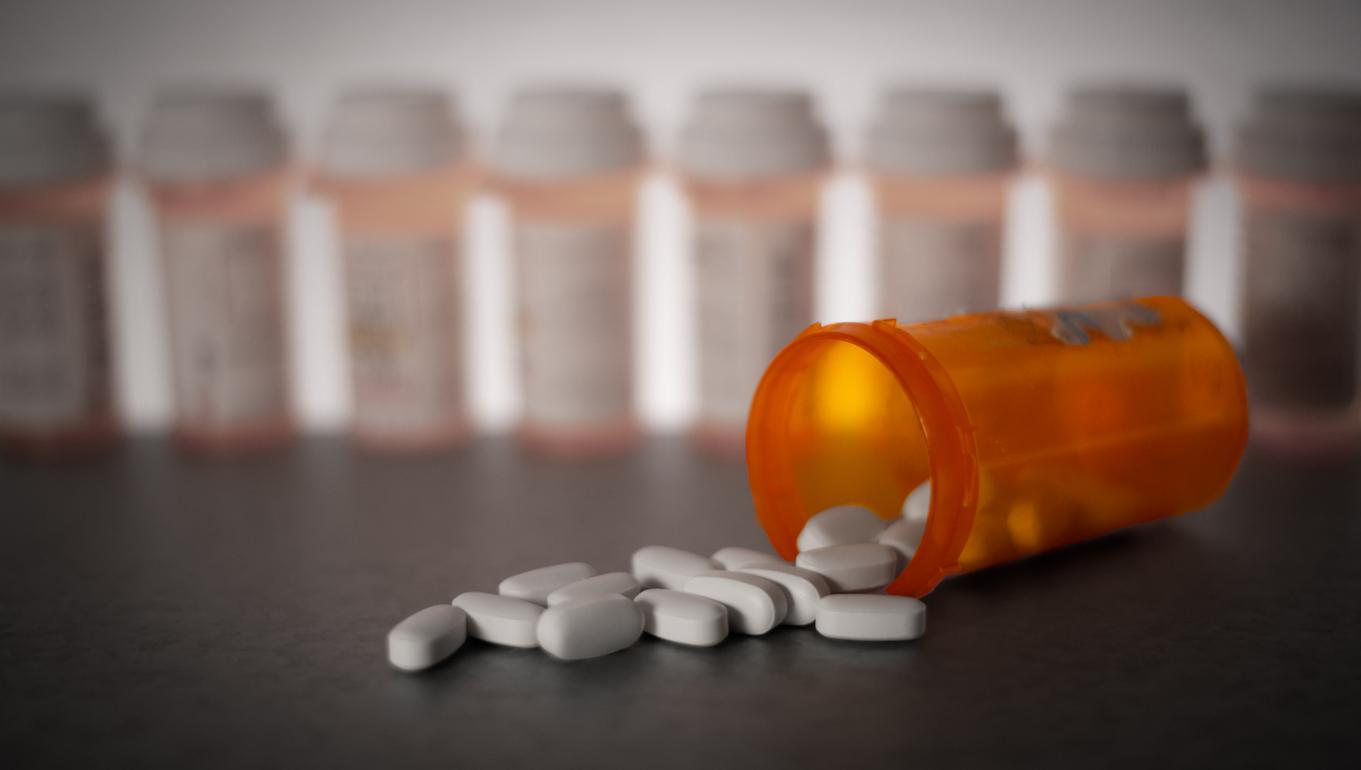Also called the “happiness” or “pleasure” hormone, dopamine plays an essential role in the body, by regulating both cognition, the proper coordination of our movements, but also attention, emotions, learning and even motivation. “Whenever we participate in activities considered essential from our body’s point of view, our brain releases a large amount of dopamine.says Dr. Kiran F. Rajneesh at Huffpostwhich encourages us to take action.
Dopamine is also well known for its role in activating the reward system. Indeed, by seeing something that we like or that makes us want, dopamine is released by the brain. This release of dopamine will allow you to remember what caused this pleasant moment. This is where the reward system comes in: by recognizing what gave us pleasure, we will be led to repeat this behavior, which is called “positive reinforcement”. The task of dopamine is to “feel the reward, learn the place and activity that lead to the reward, and also motivate you to go to those places to get [une] reward”adds Dr. Hitoshi Morikawa, professor of neuroscience and psychiatry.
An essential hormone for survival
A sensor essential to human survival, dopamine is part of the daily functioning of the body. If it is not a cure for the disease, a dopamine deficiency can nevertheless be the cause of a drop in concentration, a lack of motivation, great fatigue or even memory lapses. In people with Parkinson’s disease, dopamine levels in the brain are extremely low, sometimes 90% lower than in healthy people. Other symptoms of a deficiency can be digestive problems, loss of energy, uncontrolled sweating, problems with urination or difficulty swallowing.
Conversely, an increased dose of dopamine can affect the perception of emotions and cause psychological disorders or states of dependence. While the release of the right dose of dopamine can allow you to feel a little energy boost.
On a daily basis, certain actions can boost your dopamine level without any effort.





















